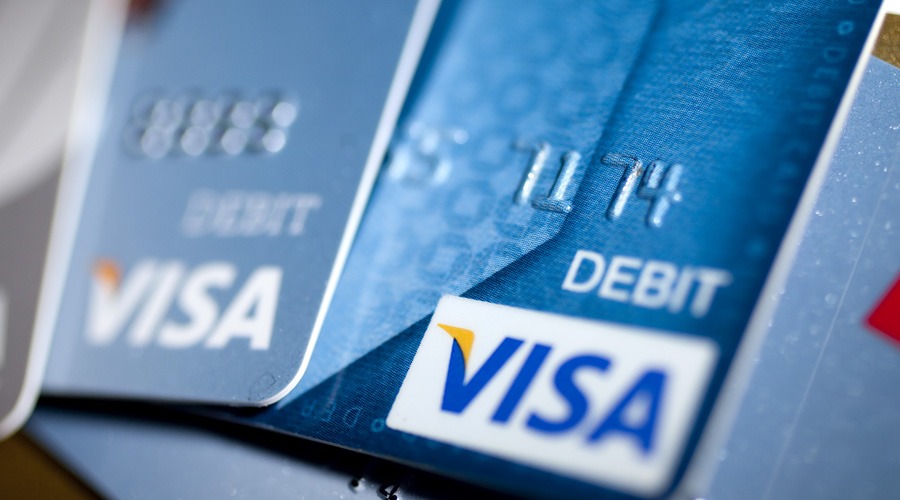
Understanding Credit Cards During Economic Uncertainty
The last few years have been rife with economic uncertainty across the globe, and there is still concern that a recession is on the horizon. Paired with rising inflation across all purchase categories, you might start to rethink how you manage your credit and debt. Here are some things to consider.
An Aversion to Credit Cards – Perks
A healthy aversion to debt is most likely good for many consumers who are concerned about the economy.
Living within your means, borrowing only when necessary, and focusing on paying off current debts are all parts of good personal financial management. This, in turn, prepares you for the worst in future economic downturns.
Having savings and a low amount of debt – especially for if you get laid off – makes surviving without ruining your credit score or taking on more high-interest debt much more likely.
The Effects of Devastating Debt – Downfalls
During the last recession in 2008, younger generations had to watch their parents or grandparents financially struggle. This involved stressing over debt from credit cards that were used to pay rent or mortgages, or experiencing difficulty even affording groceries.
In a sense, credit cards may have allowed people to keep their homes or afford food for their kids. However, the lasting effects of relying on credit cards left a bad taste in many people’s mouths. Though it kept people from succumbing to one bad outcome, this led to another that hung over debtors’ heads for a long time. The same likely occurred for those in industries that were heavily impacted during the COVID pandemic — such as travel and restaurants.
Credit Cards and Credit Scores – a New Perspective
While a credit card isn’t needed to successfully manage your finances, they are a necessity to building a credit score. This makes it possible to qualify for loans and get lower interest rates.
However, because of the negative experiences of credit cards on loved ones, many younger people are averse to owning a credit card, much less using them.
If you’re one of these people, take heart: it’s fine to own a credit card. In fact, it’s good to use it occasionally, especially if you only use it to build your credit.
To avoid the kinds of experiences that others have suffered, live your life as if you don’t have access to a credit card. Choose one or two fixed expenses to charge each month, then set up automated payments to pay off your balance in full. You get all the credit building benefits without accruing high-interest debt.
 Lauren Ward
Lauren Ward